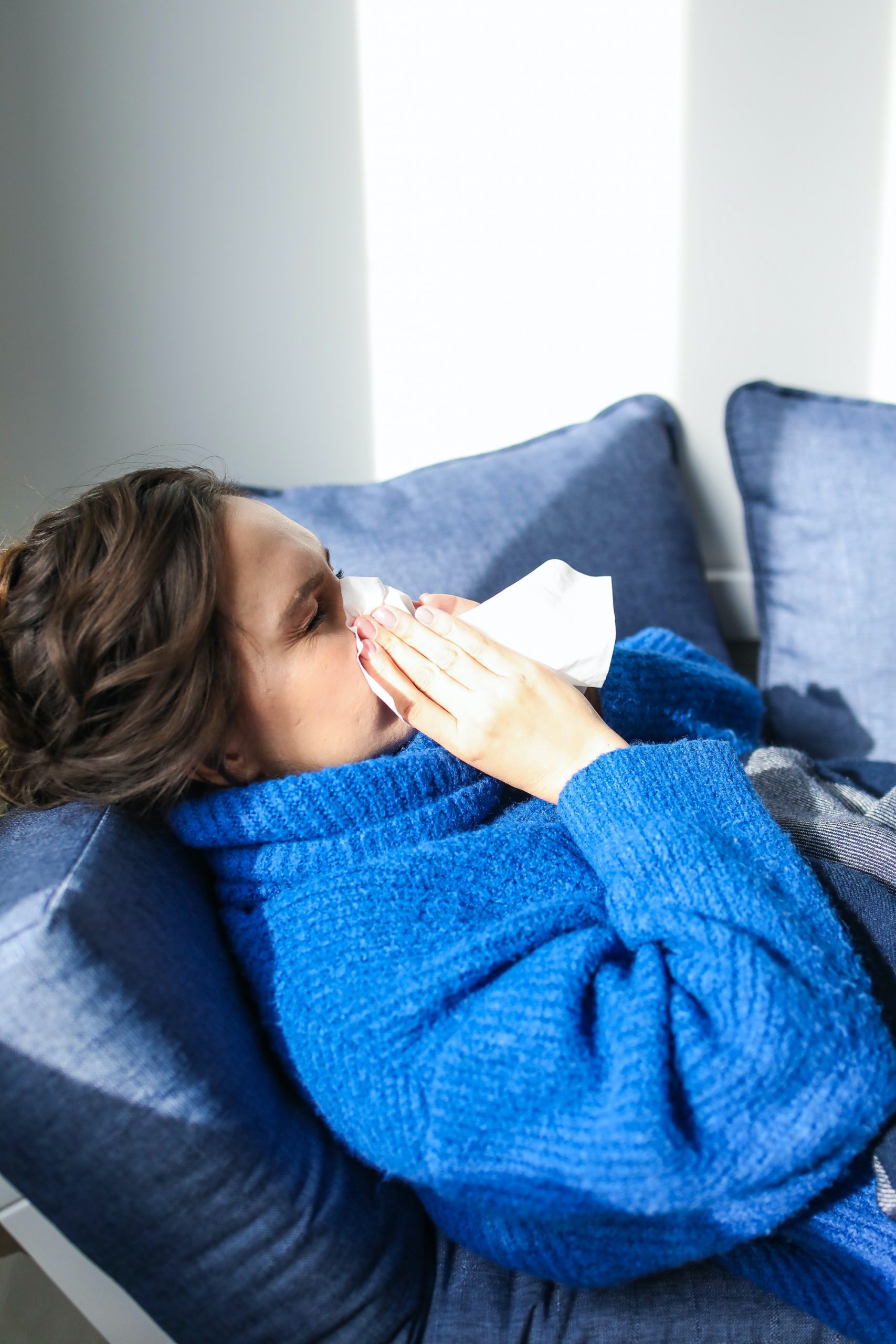Can Decision-Makers Rely on Harassing Statements by the Respondent as Evidence in a Title IX Proceeding?
 In a previous post, I discussed a confusing provision of the new Title IX regulations that prohibits decision-makers from considering statements by parties or witnesses who do not undergo cross-examination at the live hearing. One question that this provision has raised is what happens when the respondent’s statements are the harassment at issue? For example, in a quid pro quo harassment case if a professor e-mails a student saying “if you sleep with me I will give you an A,” and then refuses to undergo cross-examination, do the regulations prohibit the decision-maker from considering the e-mail as evidence? In a hostile environment case, if a student sends sexually harassing text messages to another student, will those messages be excluded if the respondent does not submit to cross-examination?
In a previous post, I discussed a confusing provision of the new Title IX regulations that prohibits decision-makers from considering statements by parties or witnesses who do not undergo cross-examination at the live hearing. One question that this provision has raised is what happens when the respondent’s statements are the harassment at issue? For example, in a quid pro quo harassment case if a professor e-mails a student saying “if you sleep with me I will give you an A,” and then refuses to undergo cross-examination, do the regulations prohibit the decision-maker from considering the e-mail as evidence? In a hostile environment case, if a student sends sexually harassing text messages to another student, will those messages be excluded if the respondent does not submit to cross-examination?
The preamble to the new regulations says the word “statements” has its ordinary meaning (whatever that may be), but does not include evidence that “do [sic] not constitute a person’s intent to make factual assertions.” The regulations themselves provide no explanation of what statements count as “statements” under the regulation, and the preamble does not explain how to determine what evidence constitutes an intent to make factual assertions. This portion of the preamble seems to be a botched attempt to create something analogous to the evidentiary rules on hearsay, which define hearsay at out of court statements admitted “for the truth of the matter asserted.” Under the federal and state rules of evidence, if a party introduces an out of court statement for a reason other than to prove the truth of what is asserted in the statement, it is not hearsay, and is therefore admissible. The rule of evidence focuses on how the party trying to admit the statement wants to use it; the Title IX regulation focuses on the intent of the speaker of the statement when the statement was made.
 Boston Lawyer Blog
Boston Lawyer Blog











